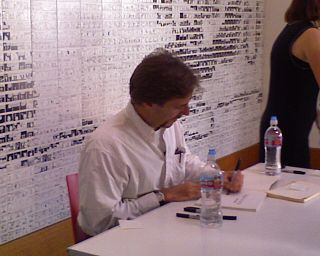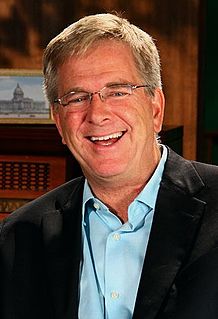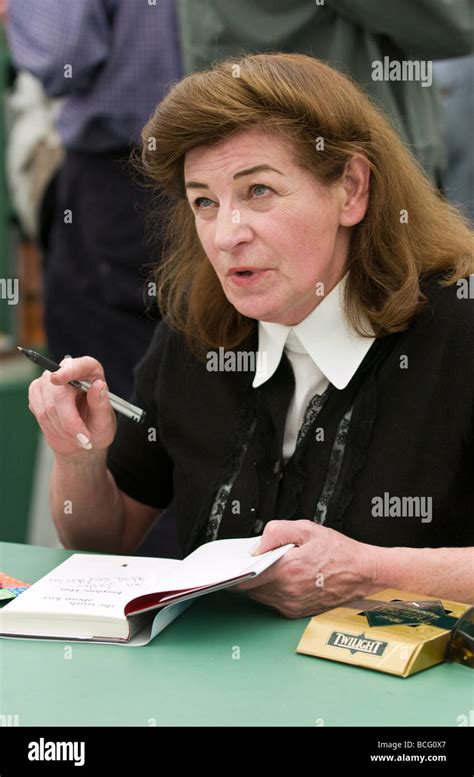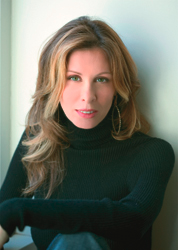A Quote by Gloria Steinem
It's never to late for a happy childhood.
Quote Topics
Related Quotes
They say that childhood forms us, that those early influences are the key to everything. Is the peace of the soul so easily won? Simply the inevitable result of a happy childhood. What makes childhood happy? Parental harmony? Good health? Security? Might not a happy childhood be the worst possible preparation for life? Like leading a lamb to the slaughter.
We live, understandably enough, with the sense of urgency; our clock, like Baudelaire's, has had the hands removed and bears the legend, "It is later than you think." But with us it is always a little too late for mind, yet never too late for honest stupidity; always a little too late for understanding, never too late for righteous, bewildered wrath; always too late for thought, never too late for naïve moralizing. We seem to like to condemn our finest but not our worst qualities by pitting them against the exigency of time.
I thought, "Well, I'm writing about early childhood, so maybe it would make sense to write about late childhood as well, early adulthood." Those were my thoughts, and this was how this crazy book [Winter Journal] was composed. I've never seen a book with pictures like at the end, pictures related to things you've read before.
When I talk about it, now people imagine I had an impoverished childhood, especially when I tell people we used to have to put coins in the side of the telly. But we were really happy. Mum never complained, there was always music playing in the house and we were always dancing around. It was a great childhood.
The achievement of freedom is hardly possible without the felt mourning. This ability to mourn, i.e, to give up the illusion of a happy childhood, can restore vitality and creativity if a person is able to experience that he was never loved as a child for what he was, but for his achievements, success and good qualities. And that he sacrificed his childhood for this love, this will shake him very deeply.






































